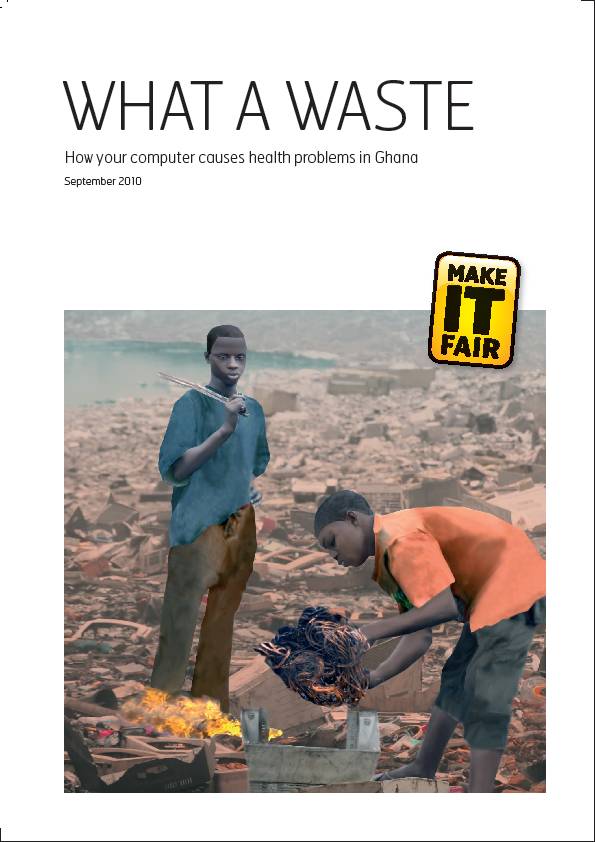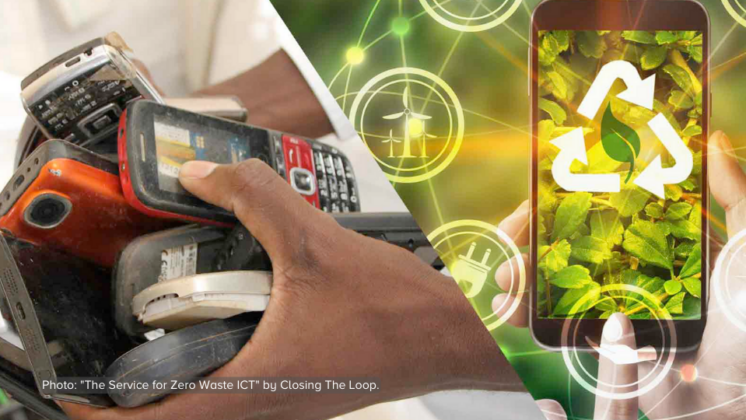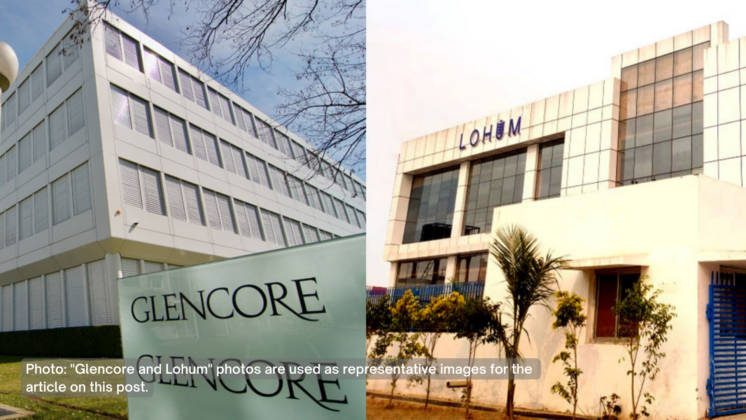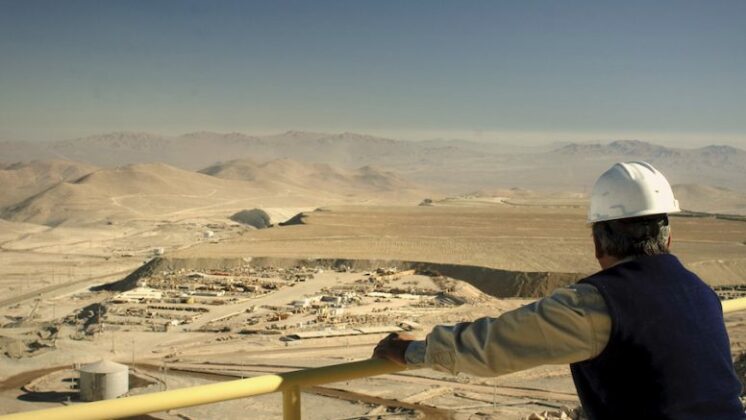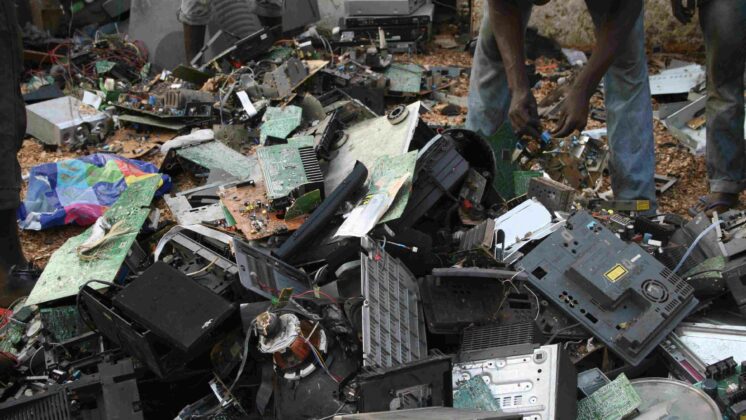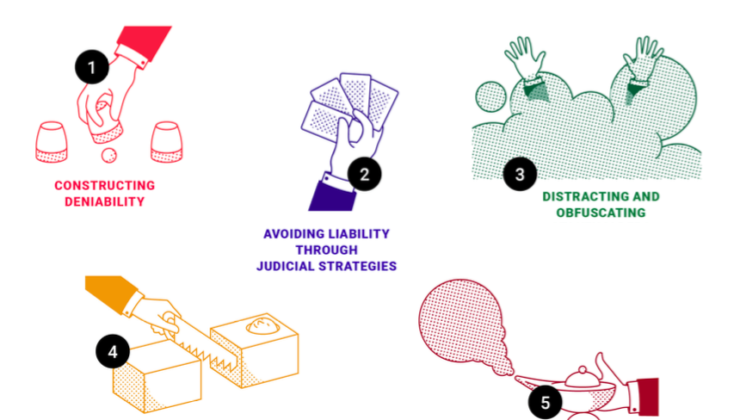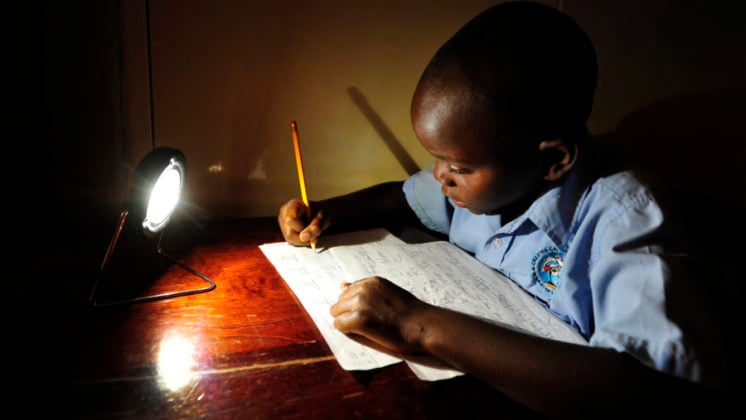How your computer causes health problems in Ghana
The research for this report has been conducted by researchers from DanWatch on a field trip to Greater Accra Region, Western Region and Ashanti Region in November 2009, where Mike Anane from the League of Environmental Journalists, based in Accra, Ghana, also contributed with research.In July 2010 researchers from DanWatch visited Ghana to carry out the final research on the health consequences and to document new cases of European e-wast exported to Ghana. In addition, desk studies have been carried out by DanWatch.
The fastest growing type of waste stream is the electronics waste stream in the industrialized countries, growing almost three times faster than the overall municipal waste stream. This is a result of the fast pace of technological innovation and, consequently, the shortened lifetimes of electronic products.
According to the UN, up to 50 million metric tonnes of e-waste are generated worldwide every year, waste that includes lead, cadmium, mercury and other hazardous substances, and up to 75 percent of the e-waste generated in Europe and around 80 percent in the United States goes unaccounted for. A vast amount of this e-waste is exported to developing countries, which have no adequate infrastructure or mechanisms to accommodate or deal with the hazardous nature of e-waste.One of these countries is Ghana, which has become an e-waste hotspot, a dumping ground for electronic waste from the industrialized countries, and an export destination for second-hand electronics goods that will become e-waste eventually.To give a detailed picture of what is causing this situation, this report also details the findings of research done in three regions of Ghana – Greater Accra Region, Western Region and Ashanti Region – to determine the influx, trends of distribution and dumping of electronic waste in Ghana from industrialized countries. Furthermore, research has been carried out with help from import figures, legislative frameworks and the economic and political interests of stakeholders on this matter. Greater Accra Region, Western Region and Ashanti Region.

